By Keidra Chaney
Was it a good year for black women on TV? I guess it depends on how you define “good” It’s difficult to describe portrayals of black women on television as falling into simple categories of “Yay Scandal, it was awesome” or “Boo SNL, it sucked.” As for most things involving people of color in popular culture it was … complicated. On one hand, you have Awkward Black Girl’s Issa Rae getting a deal with HBO, on the other hand you have Miley Cyrus using black women as booty-popping stage props. One step forward, two steps back. So, where on earth do we start to unpack all this? I’ll give it a try:
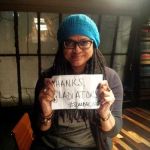
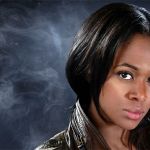
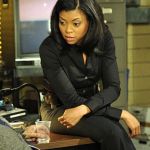

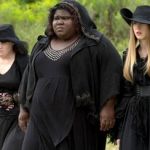
Faith – American Horror Story: Coven is about 75% done, and I give the sistahs of the show a grade of B. Angela Bassett reminds us all that she is one of the best actors working today. As Marie Laveau, Bassett is radiant as she unleashes rage and vindictiveness towards both Madame LaLaurie (Kathy Bates) for wrongfully imprisoning her lover nearly two centuries ago, and Fiona (Jessica Lange) for Fiona’s belief that she’s H.W.I.C.: Head Witch in Charge. Also, Marie’s not-so-subtle dig at Fiona in one episode for not aging as gracefully as she did was a funny tickle (translation: “Black don’t CRACK!” Signed, Ryan Murphy). I also enjoy watching Queenie, a walking voodoo doll played by Precious star Gabourey Sidibe. But Queenie sometimes feels one-dimensional: a typical “sassy, urban Black girl” with biting comebacks. Also, while nearly all of the white characters have sexual relations with actual humans, the erotic encounters of both Marie and Queenie are relegated to Marie’s true love, now a minotaur. What? Queenie doesn’t get to hook up with FRANKENBOYFRIEND?! However, I do give AHS:Coven props for exposing viewers to a historical fact of which even I was ignorant–that it wasn’t just white women who were persecuted during the Salem Witch Trials.
Dena – Not much in this world is black and white, but season 3 of American Horror Story: Coven comes pretty close. One of the central conflicts in the series involves a coven of witches based in New Orleans, headed by Supreme Fiona Goode (played by Jessica Lange) and her daughter Cordelia (played by Sarah Paulson), and their relationship with a Voodoo congregation led by High Priestess Marie Laveau (played by Angela Bassett). While Fiona is the Supreme, Cordelia runs a boarding school for young witches. The young witches are beautifully dressed, wear their hair long and straight, and are all white. Well, all but one young witch.
Queenie (played by Gabourey Sidibe) is the sole African-American member of the coven and student at Cordelia Goode’s school. Her classmates dress in sleek black and white outfits, while Queenie’s wardrobe is more colorful and casual. It’s hard not to notice that Queenie’s clothing looks more like the bright and colorful clothing Marie and her all African-American congregation wear, except when they perform Voodoo rites and are wearing their white robes and head coverings. The same is true of the buildings in which each group is headquartered; the witches’ school is almost all white with a white interior, and the salon where the Voodoo practitioners work is colorful like the city of New Orleans itself.
Right off of the bat, it would seem that Queenie would fit in better with the Voodoo congregation than the witches’ coven. However, Queenie was born a witch. Her unique power involves the ability to injure herself while inflicting pain onto the body of someone else; long story short, she’s a human Voodoo doll. Of course, the writers of the Coven series chose to have Marie Laveau emphasize Queenie’s ironic power when attempting to recruit her. No, sorry, just kidding. The writers chose to have the High Priestess emphasize that Queenie is “different” and will never be truly accepted by her coven and will certainly never be allowed to lead her coven.
So what are your thoughts? Was it a “yay” year for black women on TV? A “boo” year? Both?


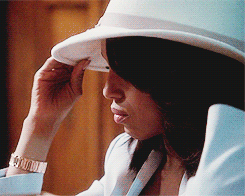
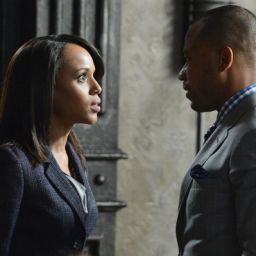
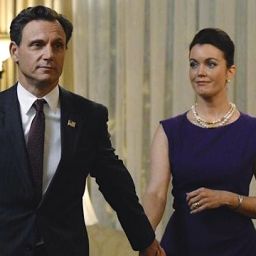

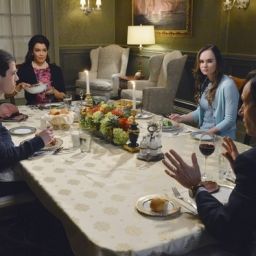
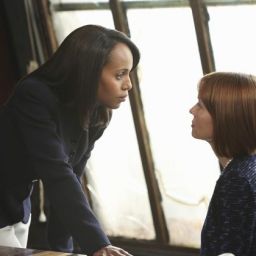
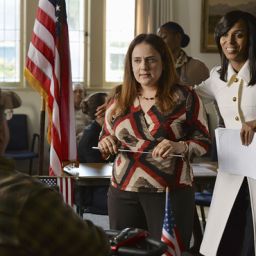
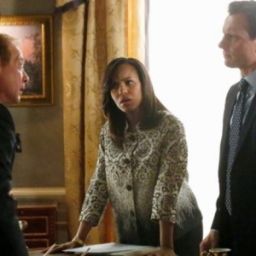
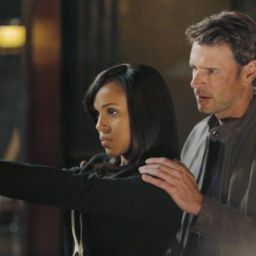
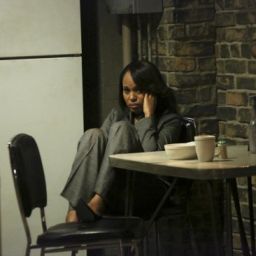
[…] See full story via Black Women On Television In 2013. […]